What is the Why of Education?
Depending on our answer, we will have different models of education.
Are we teaching for skills?
Do we want to prepare the next generation of thinkers, leaders, or entrepreneurs?
Do we want to help our children discover their natural inclinations?
Once we define the why the next step is to know how.
How we can get the results we want in the best way possible?
I compiled in this article the ideas that challenge the traditional education system.
The future of education holds many challenges but also many opportunities.
Teaching For Skills
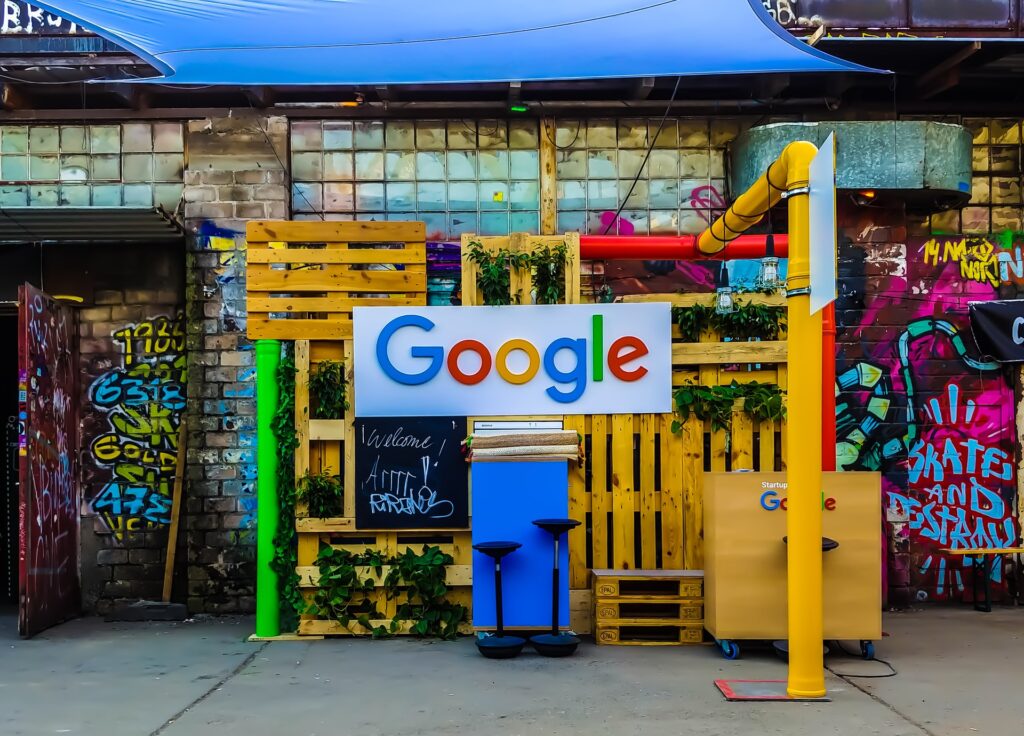
“Job-ready skills you can put to work”. This is how Google advertised for its new program called Google Career Certificates.
The goal is to equip students with credentials that lead to jobs in high-growth fields.
No experience is required and the courses are 100% online.
The IT Support program was launched this month.
Three more are coming in March: Data Analytics, Project Management, and UX Design.
These certificates will help people get qualifications in high-paying jobs.
Kent Walker, the senior vice president of global affairs at Google, wrote on Twitter:
“In our own hiring, we will now treat these new career certificates as the equivalent of a four-year degree for related roles.”
Not good news for the institutions that charge a lot for the same programs.
But for the rest, this is amazing.
The course can be done in 6 months.
So you save time, money, and you get real-world skills ready to use.
Degrees will still have their places for fields like medicine or law.
But for others, this kind of program that focuses on skill will take over.
Urban Acupuncture
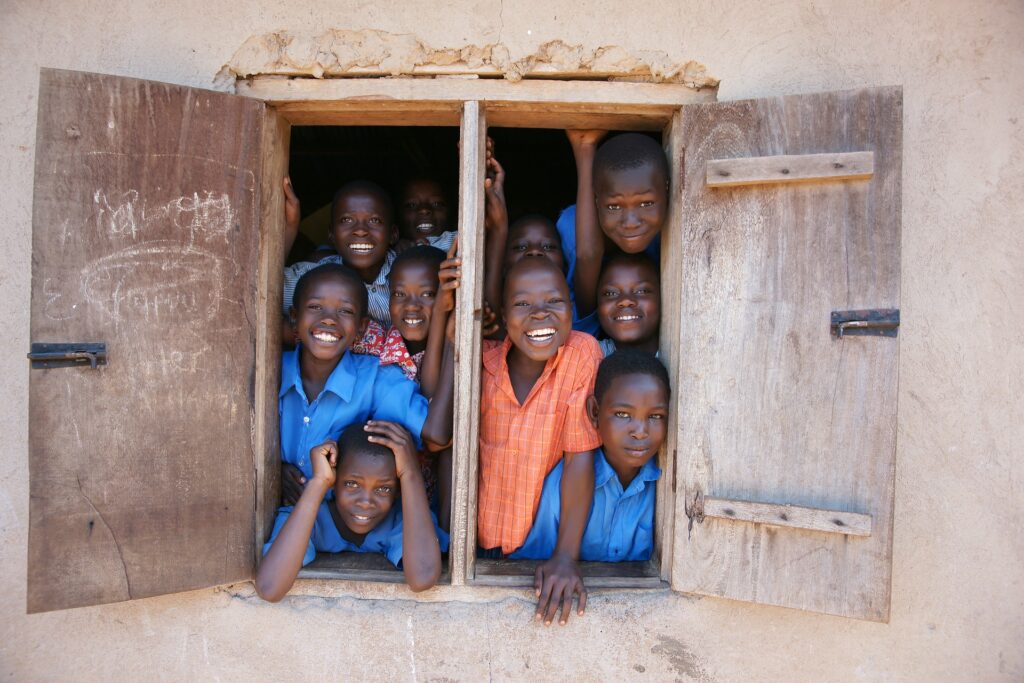
Urban acupuncture is a concept coming from architecture.
It combines the philosophy behind Chinese acupuncture and design.
It’s been used in different parts of the world to solve problems going from transportation and ecology to education.
The idea is to intervene on a small-scale to relieve the stress present in a local area.
These precise interventions can quickly release energy and create a positive ripple effect.
In Cape Town, South Africa, Mothers Unite created a safe space for children. Where? In a neighborhood known for gangsterism, drugs, and violence.
Mothers Unite built a village out of shipping containers. Their projects go from feeding the children to educating them.
By involving families, they uplift both the children and the community.
In another register, MolenGeek settled in Molenbeek, Belgium.
Just like Mothers Unite, MolenGeek settled in a non-recommended place. Even Molenbeek’s mayor, Francoise Schepmans, describes it as “a breeding ground for violence.”
MolenGeek is a startup incubator. People who might not have gone to school can now have access to digital skills.
According to the association, 93% of MolenGeek graduates have either founded a startup or found a job in the digital industry.
Lately, Google CEO Sundar Pichai visited MolenGeek and spoke about it at Davos during the World Economic Forum.
Mothers Unite and MolenGeek proved that, where cities failed to solve problems in difficult neighborhoods, individuals can open new horizons for their people.
Khan Academy
At the end of Salman Khan Ted Talk, Bill Gates said: “You just had a glimpse about the future of education.”
So what makes Khan Academy so special?
Khan Academy is a nonprofit with the mission to provide free, world-class education for anyone, anywhere.
It sustains itself by donations from supporters like Bank of America or the Bill & Melinda Gates Foundation.
Khan Academy is based on video learning. It allows everyone to respect their own pace and not be pressured in the classroom.
By doing so, the slow students catch up with the gifted ones.
Khan Academy is calling for flipping the classroom.
It means learning at home through videos and doing homework at school.
When the students do that, the teachers can have access to data and know exactly which student needs help.
They also know which section of the course was problematic.
This way, Khan Academy makes it easier to give a personalized learning experience to kids. The thing that is hard to do in the conventional model.
Parents can participate in the process by mentoring their kids.
Khan Academy mainly focuses on math and reading. But they also have courses like computing, sciences, arts, humanities, and economics.
I like the idea that kids around the world can have the same access to quality learning. This is how we can bridge the gap in global education.
Teachers Superstars
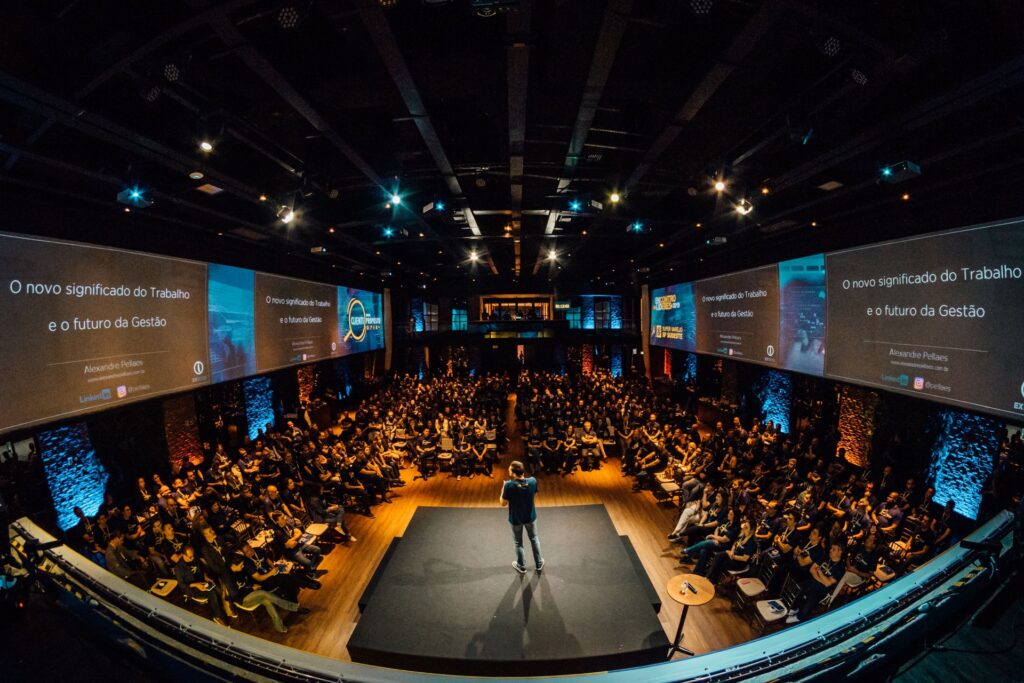
We can all remember one teacher who was energetic and passionate about a subject.
A particularly remember a teacher of French. He printed his own program with excerpts and recommended books. The school program was synthesized in a few pages placed at the end of his booklet.
Every week, we had writings homework. And the classroom was all about discussing ideas.
He couldn’t care less about grades transforming the learning experience into pure joy.
Teachers are one of the reasons countries like Finland or Estonia leveled up their education system.
Rando Kuustik, the principal of Jakob Westholmi Gumnaasium in the Estonian capital, said:
“I think the teachers are the main reason why we are doing so well, with the freedom to make their lessons, and the students are eager to learn. ”
Students in Finland often have the same teacher for up to six years of their education. This creates a bond and trust between the teachers and the students.
Learning goes hand in hand with emotion.
The best teachers will inspire, entertain, and make learning easy. They will have an emotional connection with their students.
With the increased use of videos, some of them will rise to become superstars. We’re already seeing this trend.
Alternative Schools
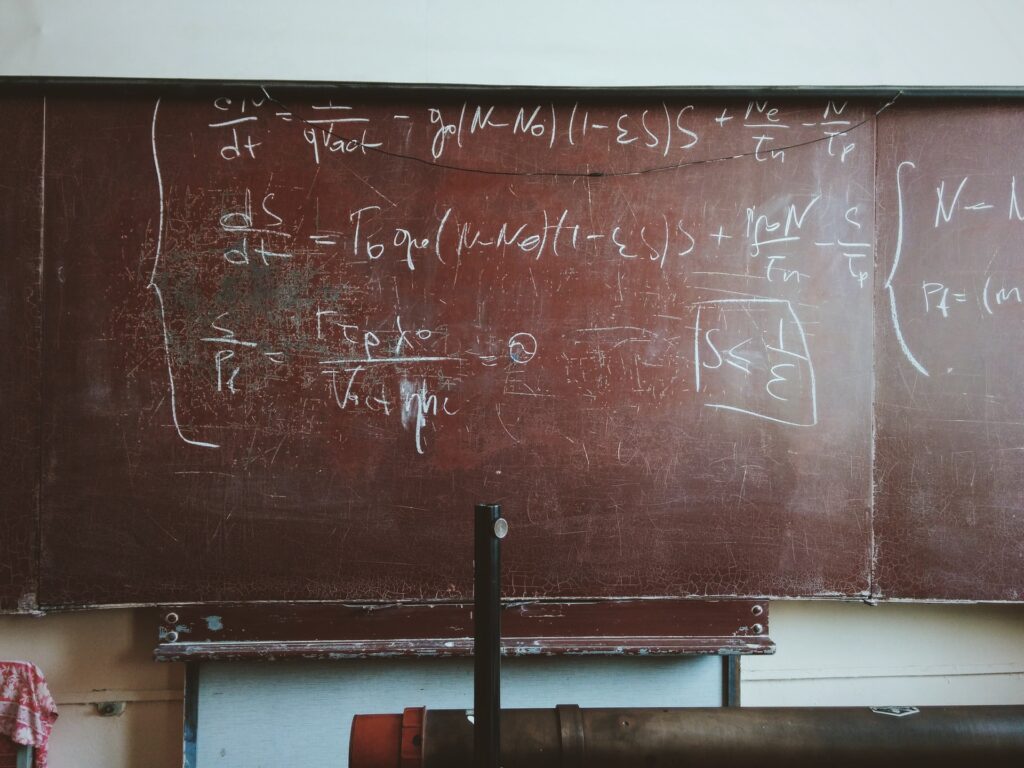
In the early twentieth century, Louis Paul Benezet called for a reform of the US school system.
He proved that delaying formal instruction -mathematics- until the age of 11 or 12 is better for children.
In the experimental classes, the kids focused on reading, speaking, and reasoning. Maths were taught through games.
Later on, when these kids were compared to the conventional classes, they found them better in Maths and expressed ideas in a more articulated way.
Jean Louis Benezet said:
“I feel that it is all nonsense to take eight years to get children through the ordinary arithmetic assignment of the elementary schools. What possible needs has a ten-year-old child for knowledge of long division? The whole subject of arithmetic could be postponed until the seventh year of school, and it could be mastered in two years’ study by any normal child.”
Alternative schools are where we find this kind of idea.
Schools like the Sudbury Valley or Montessori have no marks and no grades. They are there to serve the natural curiosity of the child.
While we can learn from these types of schools, they remain expensive. And so, they are out of reach for many parents.
No matter how good they are, it’s not a viable option.
The one who can come up with an affordable solution that empowers the kids will win the market.
Final Thoughts on Education
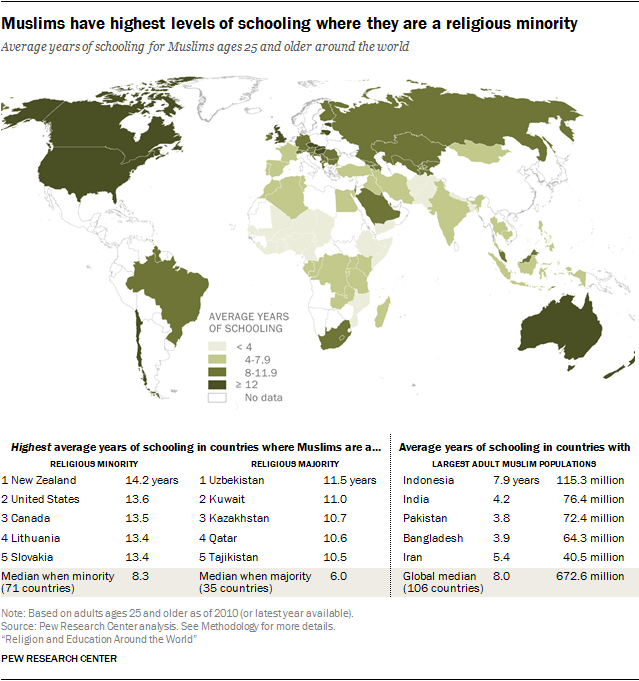
It is estimated that it will take another 65 years before developing regions reach the levels of education seen in developed countries today. 85 years for low-income countries.
Most Muslim countries are in these two categories.
However, Muslims have the highest level of schooling where they are a religious minority.
Why?
Because the conditions, the possibilities, and the opportunities are different.
With the right conditions, we won’t need 100 years to close the gap in global education.
I don’t like the idea of waiting for governments to wake up and make education a priority.
What I prefer is using what we have.
Nowadays, most people have two things: the internet and phones.
A YouTube channel can reach more people than schools.
Muslims put a lot of effort into spreading religious knowledge.
Now, they just need to do the same with the other fields of knowledge.
Article posted the 12 February 2021
Previous Articles
- Deschooling Our Minds: The 3 Lessons To Expel
- A Few Thoughts For Muslims
- The Blue Economy or How to Make Change Appealing
- Biomimicry: When Looking at the Creation Helps Solving Problems
- Scary AI and The Need For a Brain Optimization
- Can AI Be a Better Ruler?
- How the Prophet Transformed the Companions?
- Are Muslims Meant to Be Sleep Deprived?
- Muslims Judging Each Other: Why and How to Be Less Judgy
